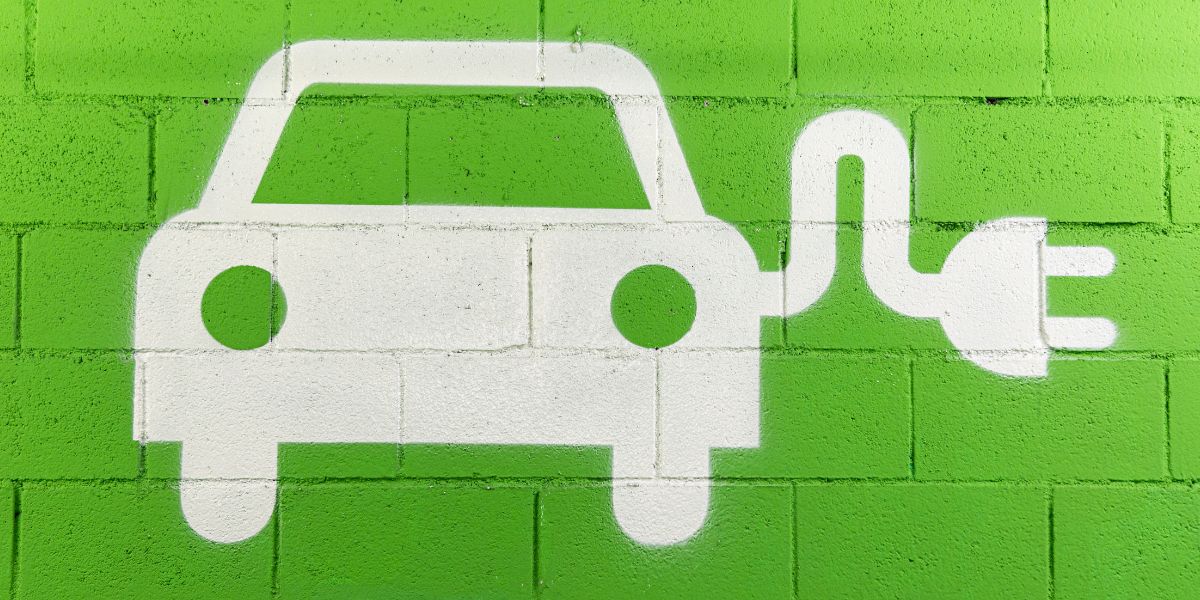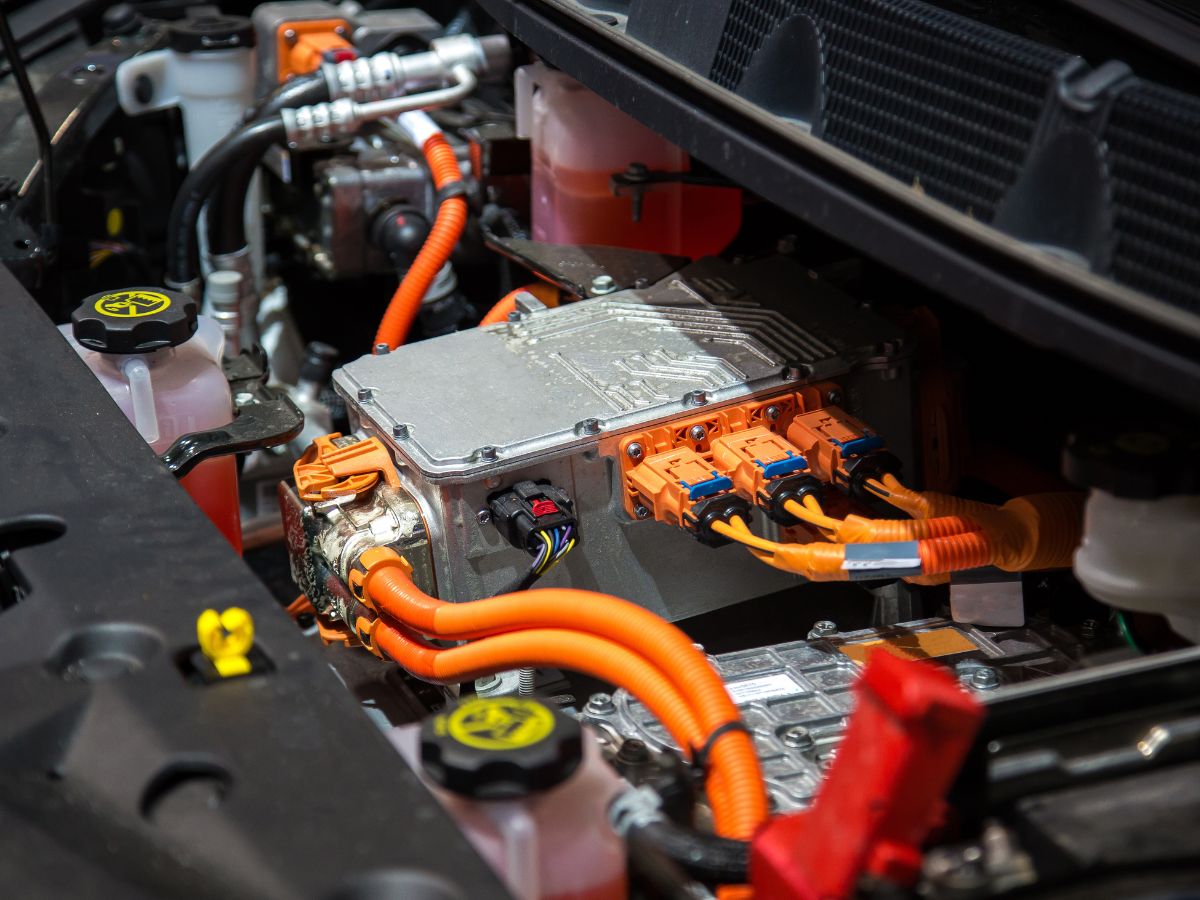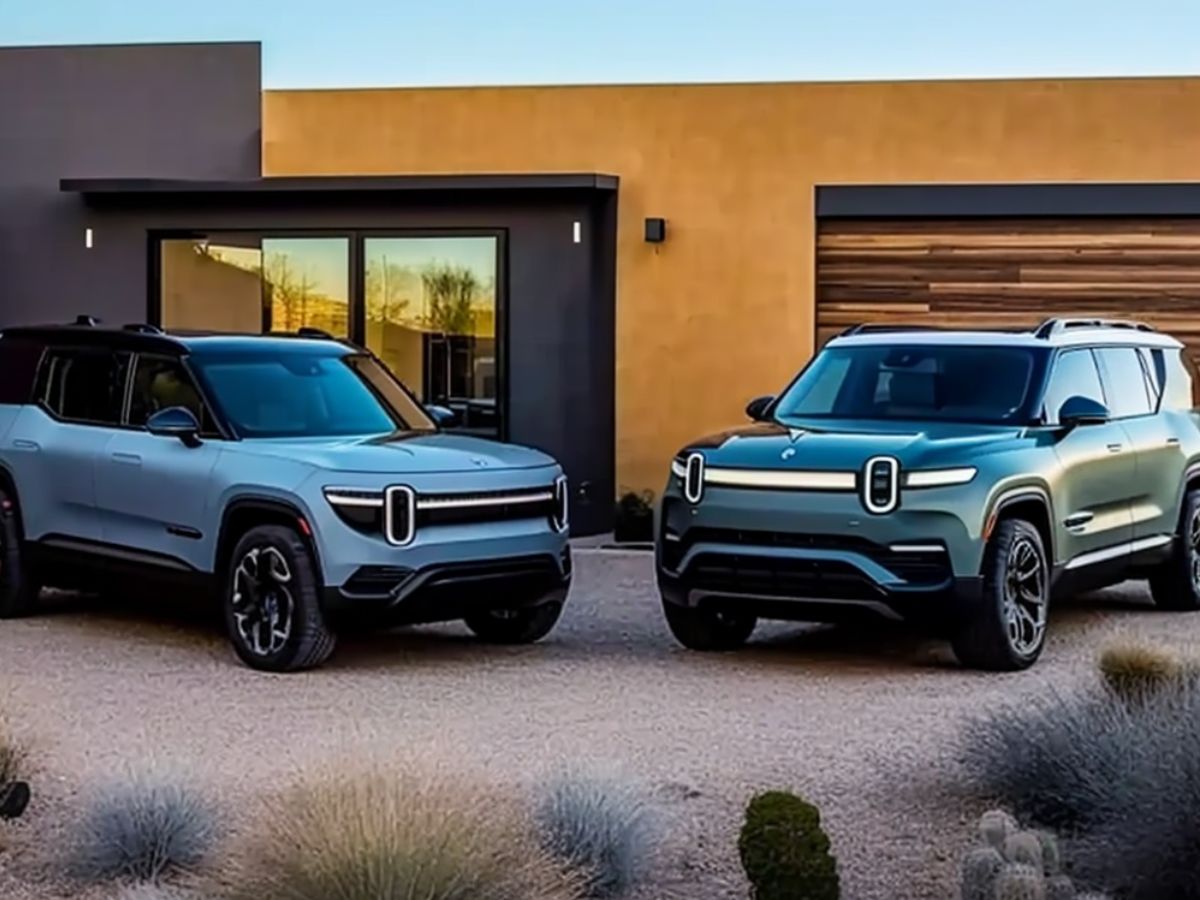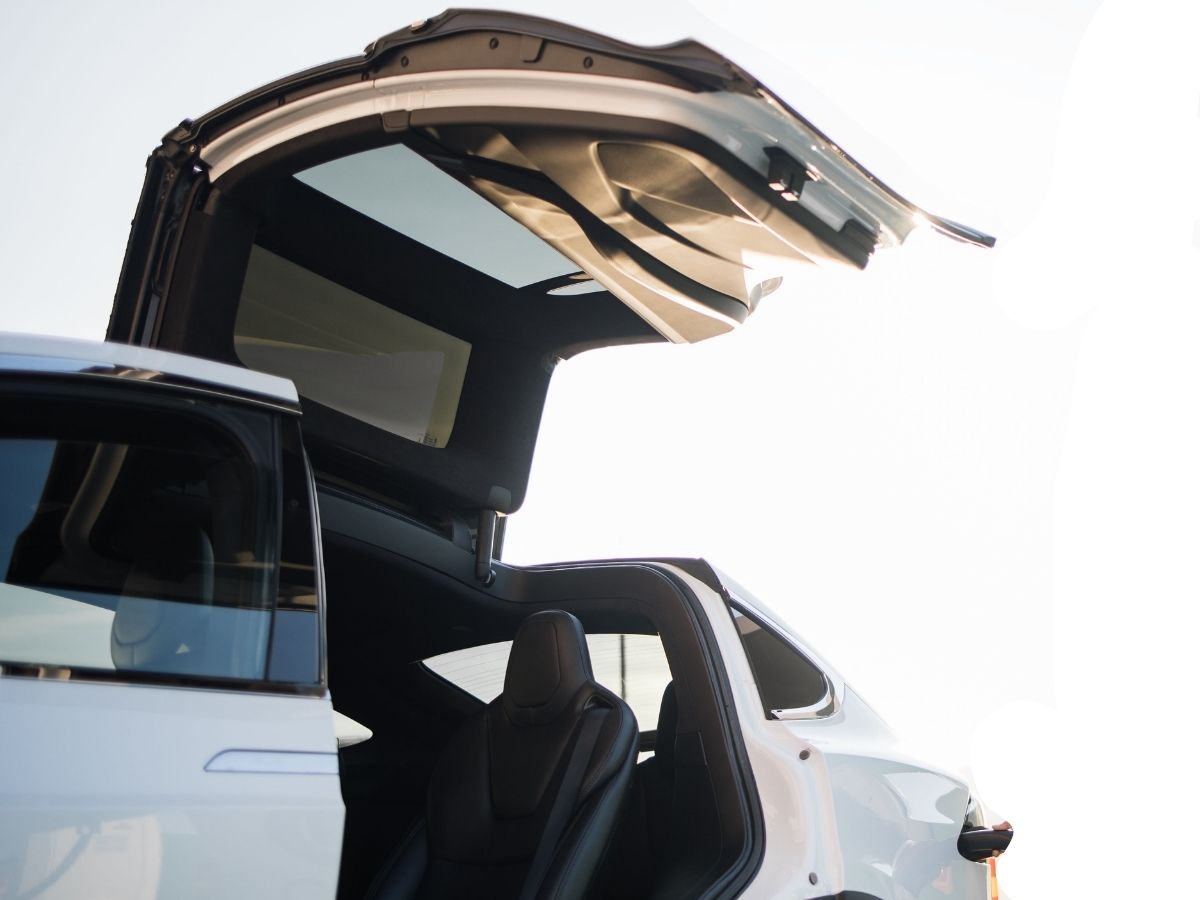Electric cars have come a long way since their introduction to the market in the late 1990s. These cars have gained popularity among environmentally-conscious consumers thanks to their low emissions and improved fuel efficiency. However, as with any new technology, electric cars have faced their fair share of challenges, including recalls.
Electric car recalls have been on the rise in recent years. For instance, in 2020, General Motors recalled over 50,000 electric vehicles due to a battery issue, while Ford recalled over 20,000 electric vehicles due to a software glitch. These recalls are becoming more common as more electric cars hit the road.
So, what exactly are electric car recalls, and what do they mean for the future of EVs? In this article, we’ll explore the history of electric car recalls, their current state, and what the future holds for EVs and recalls.
The History of Electric Car Recalls
Electric car recalls have been around since the early days of electric vehicles. In 2013, Tesla recalled over 1,200 Model S electric sedans due to a problem with the mounting bracket that held the rear seat in place. This was the first major recall of an electric car, and it set a precedent for future recalls.
Since then, electric car recalls have become more common. In 2017, General Motors recalled over 20,000 Bolt electric cars due to a battery issue that could cause a fire. The following year, Tesla recalled over 123,000 Model S sedans due to a power steering issue.
The Current State of Electric Car Recalls
Electric car recalls are becoming more frequent as more electric cars are produced and sold. As of 2021, there have been several major electric car recalls, including:
- General Motors recalling over 50,000 Bolt electric cars due to battery issues that could cause a fire.
- Ford recalling over 20,000 electric vehicles due to a software glitch.
- Tesla recalling over 134,000 Model S and Model X vehicles due to touchscreen issues.
These recalls highlight the potential risks associated with electric cars and the need for manufacturers to address these issues promptly.
Recalls that have involved electric vehicles:
- In 2013, Tesla recalled over 1,200 Model S electric sedans due to a problem with the mounting bracket that held the rear seat in place.
- In 2017, General Motors recalled over 20,000 Bolt electric cars due to a battery issue that could cause a fire.
- In 2018, Tesla recalled over 123,000 Model S sedans due to a power steering issue.
- In 2019, Audi recalled over 540 E-Tron electric SUVs due to a battery issue that could cause a fire.
- In 2020, Hyundai recalled over 11,000 Kona electric SUVs due to a potential fire risk related to the battery.
These are just a few examples of electric car recalls that have occurred in recent years. As electric cars become more popular, it’s likely that we’ll see more recalls in the future. However, manufacturers are taking steps to improve the safety of electric cars and reduce the likelihood of recalls.

What Causes Electric Car Recalls?
Electric car recalls can be caused by a variety of issues, including:
- Battery defects: The batteries in electric cars are complex and can be prone to defects, such as overheating or short-circuiting.
- Software glitches: As with any computer, the software in electric cars can have bugs that can cause malfunctions.
- Mechanical issues: Like any car, electric cars have mechanical components that can malfunction, such as brakes or steering.
The Future of Electric Car Recalls
As electric cars become more mainstream, it’s likely that recalls will continue to be a part of the EV landscape. However, manufacturers are taking steps to reduce the likelihood of recalls and improve the safety of electric cars.
For example, Tesla has implemented over-the-air software updates, which allow the company to fix software glitches without requiring customers to bring their cars to a service center. This technology has been instrumental in reducing the number of recalls for Tesla vehicles.
Additionally, manufacturers are investing in better battery technology to reduce the risk of battery-related recalls. For example, solid-state batteries are being developed that could replace traditional lithium-ion batteries, which are prone to overheating.
Electric cars are here to stay, and as their popularity grows, so too will the number of recalls. However, manufacturers are working hard to address these issues and improve the safety of electric cars. With advancements in battery technology and software updates, it’s likely that electric car recalls will likely become less common in the future.
As consumers, it’s important to stay informed about electric car recalls and to take them seriously. By working together, we can ensure that electric cars continue to be a safe and environmentally-friendly option for years to come.
FAQs about Electric Car Recalls
Q: Are electric car recalls more common than traditional car recalls?
A: Not necessarily. While electric cars are still a relatively new technology, they have faced some high-profile recalls. However, traditional cars also face recalls for various reasons.
Q: Are electric cars less safe than traditional cars?
A: No, electric cars are generally just as safe as traditional cars. However, like any new technology, there are still some kinks that need to be worked out. As electric car technology continues to evolve, it’s likely that these issues will be addressed.
Q: What should I do if my electric car is recalled?
A: If your electric car is recalled, you should follow the instructions provided by the manufacturer. Typically, this will involve bringing your car to a service center to have the issue addressed. It’s important to take recalls seriously, as they are issued to address safety issues.
Q: Can I still drive my electric car if it has been recalled?
A: It’s best to follow the instructions provided by the manufacturer when your car has been recalled. In some cases, it may be safe to continue driving your car until you can bring it in for repairs. However, in other cases, the manufacturer may advise you not to drive your car until the issue has been addressed.
Q: How often should I check for electric car recalls?
A: It’s a good idea to check for recalls on your electric car periodically. The National Highway Traffic Safety Administration (NHTSA) website is also a good resource for checking for recalls. You can also check with your car manufacturer to see if there are any outstanding recalls on your vehicle.
Q: Are electric car recalls covered under warranty?
A: Yes, electric car recalls are typically covered under the manufacturer’s warranty. This means that the manufacturer will cover the cost of repairs related to the recall issue.
Q: Can electric car recalls be prevented?
A: While it’s impossible to prevent all recalls, manufacturers are taking steps to reduce the likelihood of recalls. For example, many manufacturers are implementing better quality control measures and investing in better technology to reduce the risk of battery-related issues.
Q: What should I do if I’m concerned about the safety of my electric car?
A: If you have concerns about the safety of your electric car, you should contact the manufacturer. They can provide you with information about any outstanding recalls and answer any questions you may have about the safety of your car.











